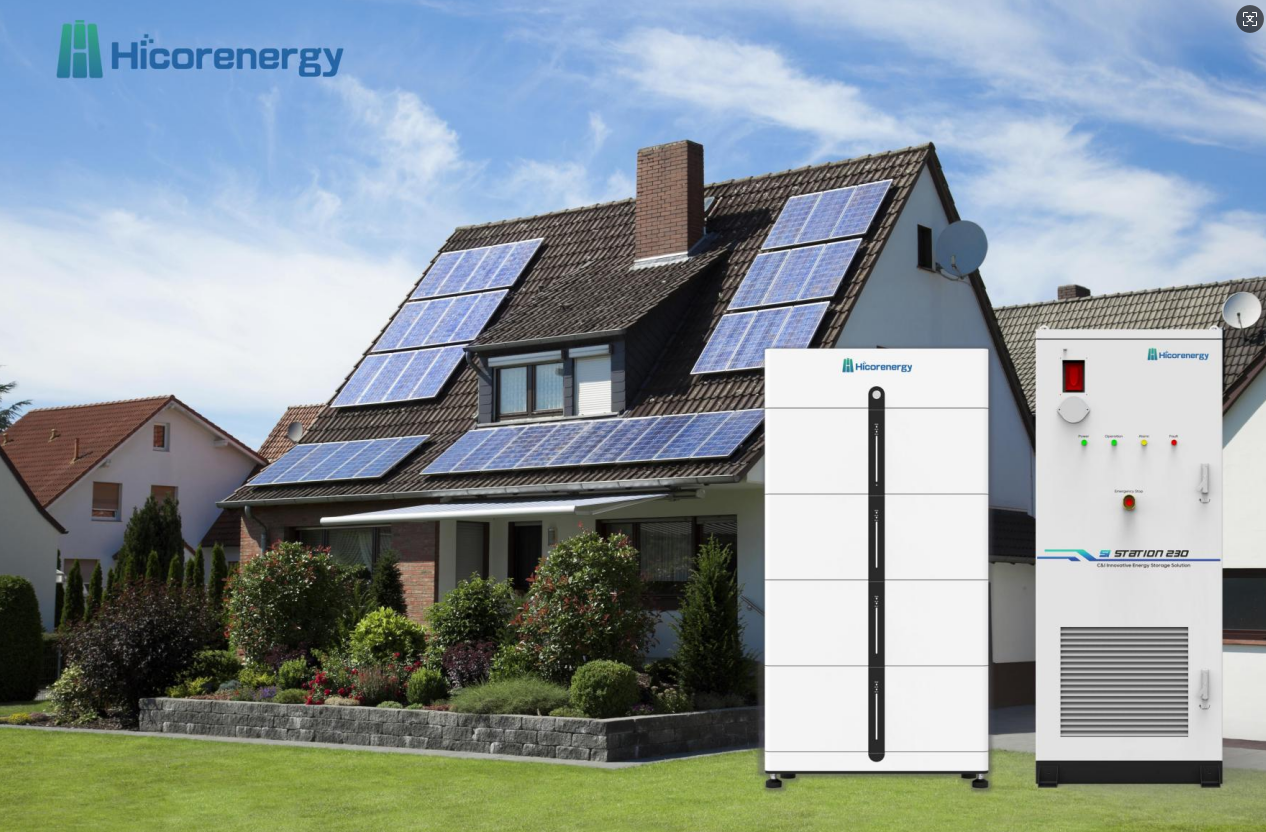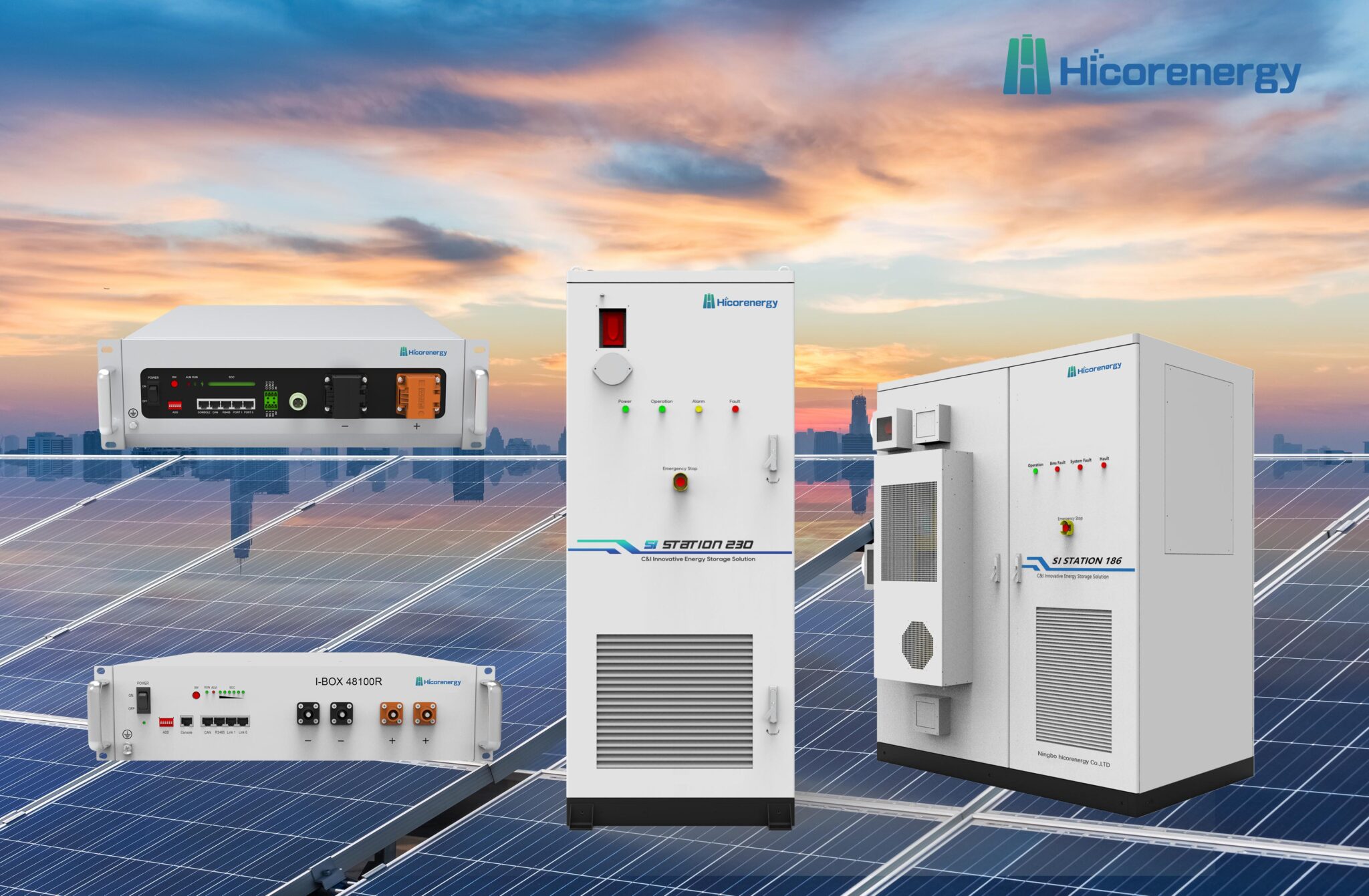Unpredictable power outages are becoming an unfortunate norm for many households and businesses around the world. From extreme weather to grid failures, the demand for reliable backup power is higher than ever. With evolving technologies, lithium battery storage systems are emerging as a promising solution. But are they truly worth the investment when the lights go out? This article explores the value, functionality, and competitiveness of lithium battery storage systems during blackouts, helping homeowners and professionals make informed decisions.

Lithium Battery Backup Systems: Are They the Best Solution for Power Outages?
Yes—lithium battery storage systems are safe, long-lasting, and offer instant, maintenance-free backup power during outages.
When it comes to safeguarding homes during a blackout, many compare lithium battery storage systems to traditional alternatives like diesel generators. Lithium systems offer quieter, emission-free, and maintenance-light performance. Unlike generators that require regular fueling and emit noise and fumes, home battery backup systems activate seamlessly and silently. They also integrate well with solar panels, creating a clean, closed-loop energy storage system that lowers reliance on the grid and enhances off-grid power storage capabilities.
Let’s take a deeper look into why lithium battery storage is gaining popularity.
Table of Contents
Why Power Outages Are on the Rise—and What That Means for Your Home
Globally, power outages are on the rise due to aging grid infrastructure, increasing energy demand, severe weather events, and geopolitical tensions. In developing regions such as Nigeria and Kenya, grid instability makes emergency power supply a daily necessity. In developed countries, extreme weather—like winter storms in Sweden or wildfires in the U.S.—has exposed vulnerabilities in even the most advanced power networks. For homeowners, this means more frequent disruptions to daily life, risks to appliance safety, and potential economic losses. Lithium battery backup systems provide a modern, proactive solution to mitigate these consequences, offering reliability when grid power fails.
How Lithium Battery Storage Systems Work During a Blackout
During a blackout, a lithium-ion battery backup system automatically detects grid failure and switches to stored power—within seconds or even milliseconds. Systems like Hicorenergy’s I-BOX 48100R or C5° come equipped with intelligent battery management systems (BMS) and inverter technology that ensure continuous power to essential loads such as lights, refrigerators, and medical devices. These energy storage systems can be recharged via the grid or solar panels, making them ideal for solar battery backup setups. The system’s modular design allows for scalability, meaning users can increase capacity based on energy needs. Real-time monitoring through web/app integration also enhances user control and maintenance.

Cost vs. Value: Is a Lithium Backup System Worth the Investment?
The initial cost of lithium battery storage systems can seem high, but the long-term value often outweighs the expense. While the upfront price for systems like Hicorenergy’s Si LV1 or SHV48100 might range from hundreds to thousands of dollars, they deliver significant savings by reducing grid dependency and cutting peak-time electricity costs. With over 6,000 charge cycles, 95% efficiency, and design lives up to 20 years, these systems provide an excellent return on investment. Additionally, they require minimal maintenance and are eligible for government incentives in many regions. For households prone to frequent blackouts, the peace of mind alone makes these systems worth the investment.
Lithium-Ion vs. Generators: Which Backup Option Is Better?
Comparing lithium-ion vs generators for home backup, the advantages of lithium battery systems are clear. Traditional diesel or gas generators are cheaper upfront but come with recurring costs for fuel, maintenance, and repairs. They are noisy, emit harmful gases, and can be unreliable over time. In contrast, lithium battery storage systems offer clean energy, near-silent operation, and seamless automatic transfer when the grid goes down. They can integrate with solar panels for sustainable off-grid power storage. For long-term use, lithium systems are more cost-effective, safer, and better suited for residential environments.
What to Look for When Choosing a Battery Storage System for Outage Protection
When selecting the best battery backup system for power outages, consider factors such as battery capacity, cycle life, efficiency, safety features, scalability, and compatibility with inverters or solar setups. Hicorenergy’s lineup, for instance, includes products like the C5°, which offers remote monitoring, wide temperature adaptability, and a 10-year warranty. Safety certifications (like UL9540A), multiple protections (software and hardware), and heating systems for cold environments enhance reliability. Choose a system with real-time monitoring, smart diagnostics, and flexible installation options to ensure your energy storage system meets both current and future demands.
Ready for the switch? Contact Hicorenergy today for your ideal backup power solution.
Contact us for more information:
Email: service@hicorenergy.com
WhatsApp: +86 181-0666-0961
-scaled.png)
